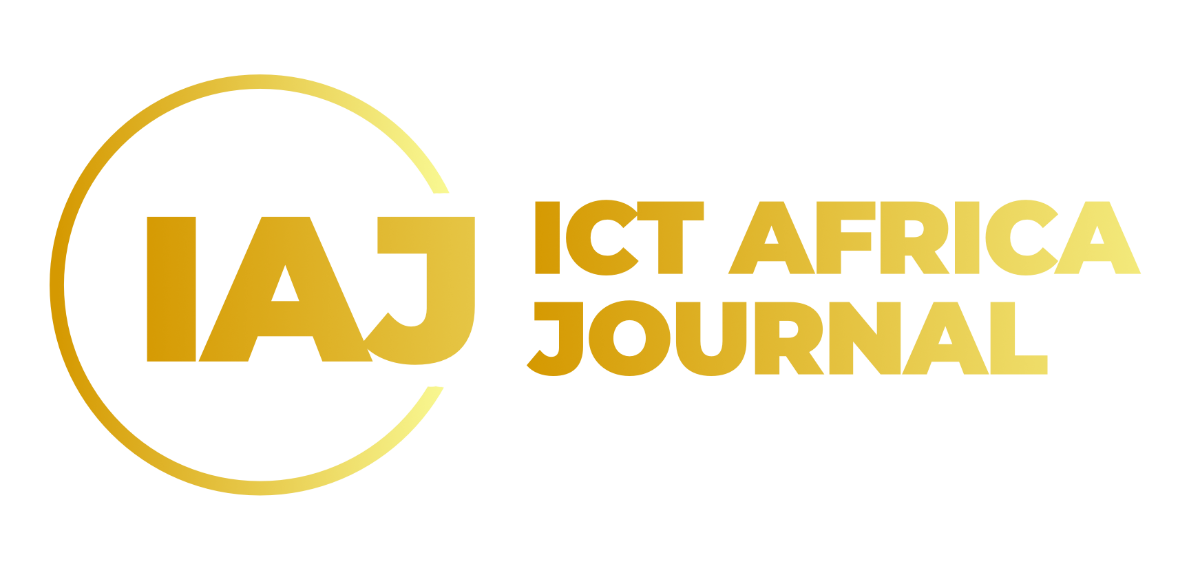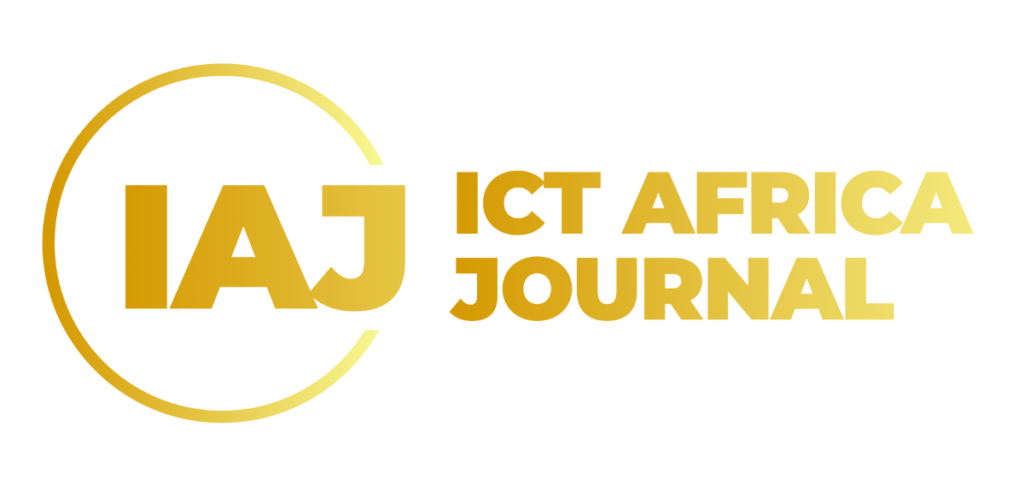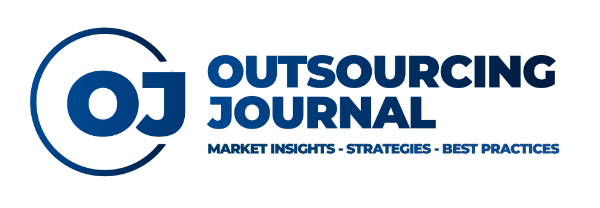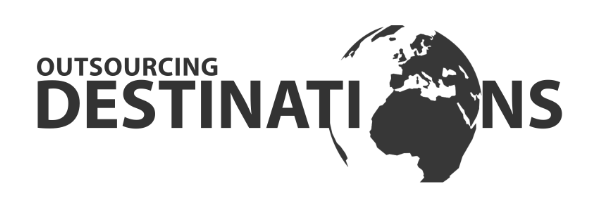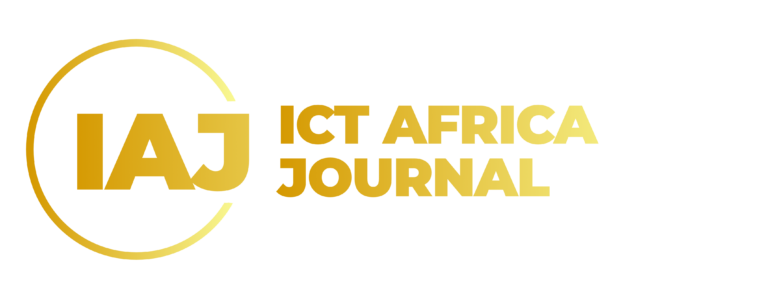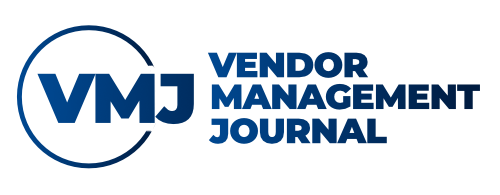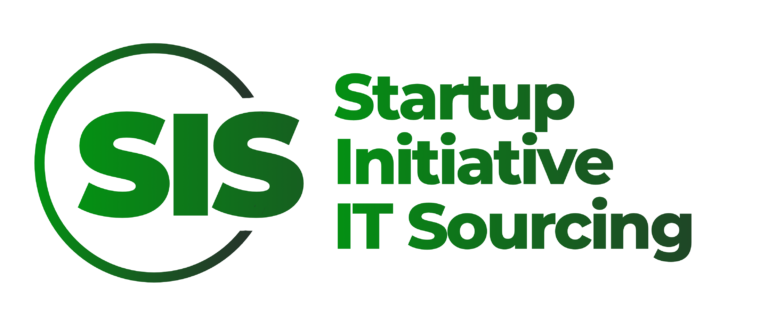[vc_row][vc_column][vc_column_text]A growing shortage of Information Technology knowledge and capacities across almost all markets in Europe, makes companies look at all places for IT talent and favorable conditions. And in recent times the look to Africa for IT capacities becomes very appealing. Egypt has been leading this trend with an impressive pace and results in developing the country’s ICT sector. Now other countries on the continent are following.
We took a look at some countries, looked up local companies, analyzed the business climate in the ICT sectors and talked to people from the sector. So we did in our recently published Outsourcing Destination Guide Ghana and talked with Nicholas Bortey, Chief Executive Officer and Lead Consultant at Liranz in Ghana.
SF: Nicholas, Liranz stands as a very successful example of regional ICT consultancy and services. Could you give as a short introduction to the company, its story and business focus?
NB: Liranz Limited is a leading Information Technology Consultancy & Management firm with years of experience in design, supply and implementation of IT support, projects and solutions.
The vision of the business from day one is to become the primary and trusted IT Consulting and Management Company in West Africa. We hope to achieve this by helping businesses and organizations optimize their operations and output through information Technology as a helpful investment and not a burden.
We have been delivering expert IT consulting Services over the past years; this has enabled us to design an effective IT consulting approach that enables us to deliver the maximum value to our customers within the shortest time.
Our business has key focuses on these key functional areas in ICT; IT Consultancy, Managed IT Services, IT Supports service, I.T Project, IT Consultancy & Management, IT Infrastructure & communication, Cloud Solutions, I.T Security Solutions, I.T Training and Coaching, IT Audit & Advisory, IT Outsourcing, Digital Transformation, Data center management, amongst others.
SF: You have broad experiences in the ICT sector, from buyer, over consulting and service provider side. Could you give as a short evaluation of the current market situation for ICT services in Ghana?
NB: The Market for ICT services in Ghana is as an emerging one. The consumer perception about the ICT services has been largely improved from an obsolete view of ICT as break and fix service to more of a IT incorporated in the day to day business strategy.
Businesses are now beginning to realize that they can run more efficiently with technology at the helm of their business operations and most importantly the need of a quality IT partner to lead their Business technology transformation journey. This concept is gradually being accepted as some organizations have enrolled on our Managed IT Services for the management of their day-to-day IT needs.
However, there is still a lot of work that need to be done by myself and other stakeholders in the ICT service provision industry. We need to continue to be vocal of the impact technology can have on businesses to Business leaders and to a large extent, Government.
The ICT industry in itself is also growing steadily. The fact that the Government sector, Local and International businesses are now heavily relying and demanding more of advanced Technology for their business processes in Ghana is one huge opportunity for the ICT industry to grow further. It’s up to us the industry players to match up to the demand and skillset required to grow faster.
SF: One aspect of concern that all markets – from European to African economies – have in common is education and thus the availability of talent in ICT and business administration related faculties. Could you give us your perspective as employer on the availability and level of education in related fields in Ghana?
NB: Qualified and Professional young Talent in the Ghanaian Job Market it self is not a problem but developing him/her self and the profession to next level is where the problem is. Some factors that can help in developing the talent are education and mentorship/Leadership.
On the educational front, there is little practical exposure to students with regards to the practice of IT as a profession. Since ICT is a very broad Industry, most graduates have little knowledge of the various specializations within ICT. I recently conducted an Interview to recruit a Help desk Engineer; about 90% of the applicant could not distinguish between the roles of a Service desk engineer and a Network engineer. Practical exposure of students to practicable skills in their course early will orient students to the intricacies of the IT profession.
Lack of mentorship or leadership causes career fatigue among IT Talents and stifles their growth. Some evident signs among staff is the feeling of physically or emotionally exhausted with a sense of reduced accomplishment and loss of personal identity.
Across my professional journey I have come to the realization that; majority of junior or entry level staff are no longer self-motivated in pursing their career growth. This syndrome denies the ICT industry of very promising talents as they switch career into other industries.
My personal investigation revealed 2 major reasons for this syndrome; firsts lack of mentors or leaders to look up to and the non-availability of information about possible career growth paths.
As part of voluntary services, we take pride in giving back the knowledge we acquire on daily basis on the field back to society through “My IT CAREER” roadshow seminars, workshops, coaching and career guiding sessions in the universities in Ghana.
SF: How do you evaluate the progression of digitization in Ghana? What are the sectors where you see the most progress and adaption of digital business models?
NB: Digitization is progressing steadily in Ghana. Several laudable initiatives have been initiated by the Government of Ghana such as an E-services platform (www.eservices.gov.gh), which has since been integrated into www.epay.gov.gh platform to provide a one-stop shop for all citizens.
The financial sector in Ghana in my own estimation is seeing the most progress and adaptation of digital business models. This has been largely due to the investment in Human capital development to appreciate the role technology is playing in their businesses.
As an organisation we have also led some of our Clients on the digitization journey in the oil & Gas, Agriculture, Legal services, Logistics & Transportation, Mining, Real Estate, Education, startups, Energy etc. Other sectors are also slowly catching up with digitalization.
However, through years of practice I have come to realize a particular challenge to all digitization projects. This challenge is the knowledge gap between the end users of a system and basic skillset required to operate new or proposed systems. Users require steady and continuous training on performing basic tasks with computers.
SF: What areas do you think need special attention from public / government side in order to support a sustainable growth of the ICT sector in Ghana?
NB: Currently the Government of Ghana through the ICT for Accelerated Development Policy are implementing several measures to support sustainable growth of the ICT sector in Ghana. The government in May 2019 announced the release of a new digital roadmap to update the policy program. In April of the same year, Ghana announced the establishment of the Cyber Security Authority to oversee matters related to cybercrime and to improve security in the digital services market.
However, Education and training needs special attention for a sustainable growth of the ICT sector in Ghana. Governments need to have a deliberate and targeted plan for Education and retraining in the ICT sector. The Goal of this plan is to whip up the interest of the citizens to appreciate the role of technology in transforming their business operations as well as the economy.
Should there be an appreciation of the interest in ICT; there will be a stimulated demand for IT professionals and as well as IT service providers.
SF: What are from your perspective the factors that make Ghana a competitive ICT location within the region?
NB: Ghana is and will always be a competitive ICT location within the region because of its enhanced business climate. The lifeline of every ICT landscape is the availability of very reliable and stable Internet; Almost all the Major ISPs across the world are either prospecting or in the process of setting a base in Ghana. Recently, a leading Internet Service Provider in West Africa submarine fiber backbone interconnecting Ghana and Portugal. They are currently building a state-of-the-art Data Center in Ghana.
Ghana has a vast potential in digitizing its economy, major sectors are yet to be digitized making them a low hanging fruit for ICT investors. Most Industry Leaders are beginning to appreciate the role of ICT in optimizing their business operations. Currently I am leading a digital transformation drive for an International NGO who is seeking to leverage on ICT Tools to optimize their operations of providing education to rural area teachers who specialize in Childhood education.
The Interview has been conducted by Stephan Fricke, CEO of German Outsourcing Association.
[/vc_column_text][/vc_column][/vc_row][vc_row][vc_column width=”1/3″][vc_single_image image=”6566″ img_size=”medium”][/vc_column][vc_column width=”2/3″][vc_column_text]Nicholas Bortey is a technology expert who has demonstrated leadership in the IT industry in Ghana and the West Africa region. He has been honored with multiple awards for his contribution to the industry both Ghana and overseas. His expertise in IT strategy and Business consultancy is one to reckon with a good track record in helping businesses in areas of Business Transformation, Digital Innovation, and Technology consulting. He is the CEO of Liranz Limited, an Industry leader in IT Consultancy & Management services firm in Ghana. You can contact Nicholas via LinkedIn: https://www.linkedin.com/in/nicholasbortey72442a21/
[/vc_column_text][/vc_column][/vc_row]
